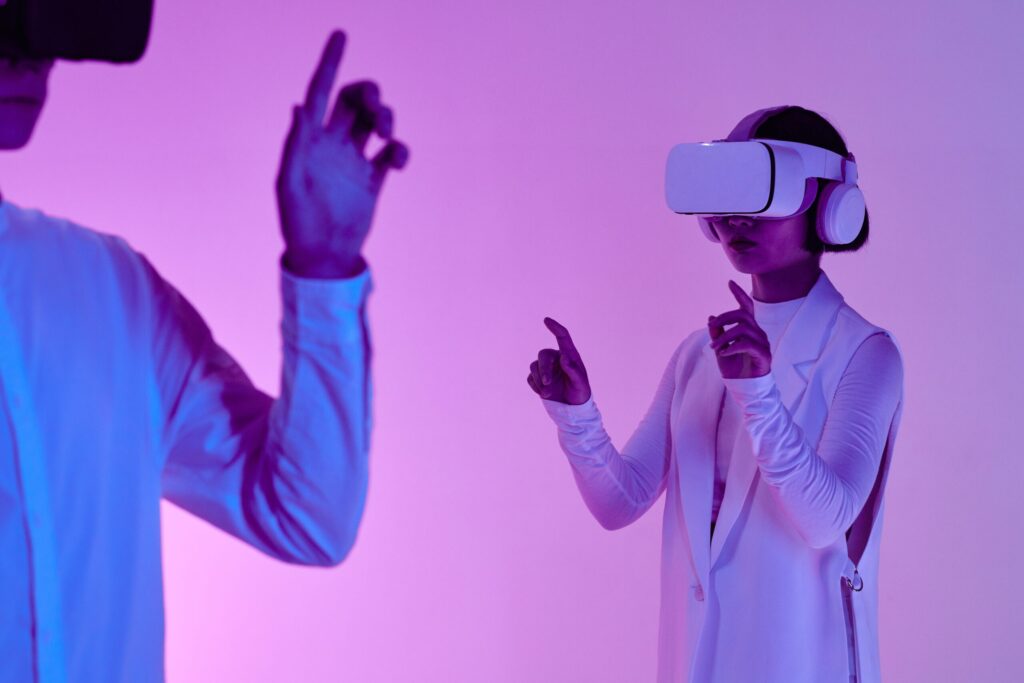Augmented reality (AR) is considered one of today’s booming technologies. By 2030, the AR market is expected to be worth more than $76 billion. Its scope of use will expand even further, not just in gaming but also in other sectors like education, business, and healthcare.
What are the implications of AR in healthcare? It’s time to find out how augmented reality and other forms of medical technology can benefit both patients and healthcare providers.
Table of Contents
- What Is AR in Healthcare?
- Opportunities for Augmented Reality in Healthcare
- What Are the Benefits of AR in Healthcare?
- Data Privacy and Healthcare Technology
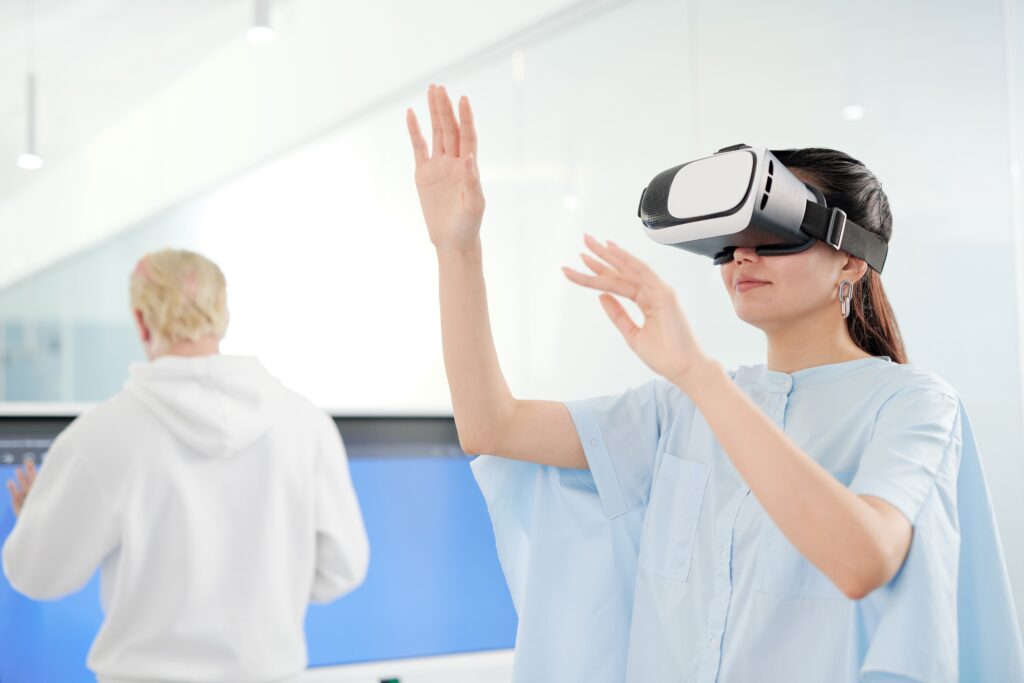
What Is AR in Healthcare?
First, let’s define some important terms.
Augmented reality is a technology that provides an interactive experience. It combines computer-generated elements with the real-world environment.
AR in healthcare means the application of AR technology in various medical and healthcare procedures.
Today, healthcare professionals are using augmented reality for various procedures and treatments. A good example is AR for the visually impaired. There are AR glasses currently being developed to help blind and visually impaired people acquire artificial vision.
Another example is Saagara AR, an app that creates simulated environments to help improve an individual’s overall health and mental wellbeing. Health and fitness apps like Plaicise enable users to perform full workouts by combining physical activities with an AR experience.
Opportunities for Augmented Reality in Healthcare
Augmented reality plays a crucial role in the modernization of healthcare. With the help of AR technology, it’s easier to visualize and project anatomical structures and superimpose them into real-world objects.
Simply put, augmented reality could enhance the implementation of various medical procedures as AR becomes more available to primary and secondary care clinics, dental offices, medical laboratories, and operating rooms.
Soon, AR could become an integral aspect of healthcare education. For example, students could recreate or simulate various medical procedures. With AR, institutions can reduce the costs and risks associated with medical training.
Can AR help the healthcare sector? The answer is a clear yes.
What Are the Benefits of AR in Healthcare?
The healthcare sector can benefit from AR technology in more ways than one. Here are some of the notable advantages of using augmented reality in healthcare:
1. Aids in practical learning for healthcare students
Healthcare students can benefit from AR technology by simulating various medical procedures and healthcare interventions. For example, a nursing student can use AR to perform a simulated tracheostomy suctioning on a virtual patient.
2. Increases patient engagement and cooperation
Augmented reality can help patients acquire better insights into specific treatments or conditions. For example, a doctor can use AR simulation to explain how a patient’s coronary artery bypass graft surgery would work. This goes a long way in alleviating a patient’s fears and concerns, which may also contribute to a successful treatment.
3. Improves medical studies and research
With the help of AR technology, medical researchers can perform multiple tests and simulations without taking too much time, money, and resources. Researchers can also conduct studies that are not possible with living subjects for ethical or practical reasons.
4. Enables the simulation of complex health conditions
With AR, surgeons can prepare for complicated procedures by performing a virtual walk-through. A simulated operation can highlight potential problems even before the surgeon makes the first incision. AR simulations can even be done remotely or with multiple participants. Also, the technology is helpful in cases that involve two or more surgical operations.
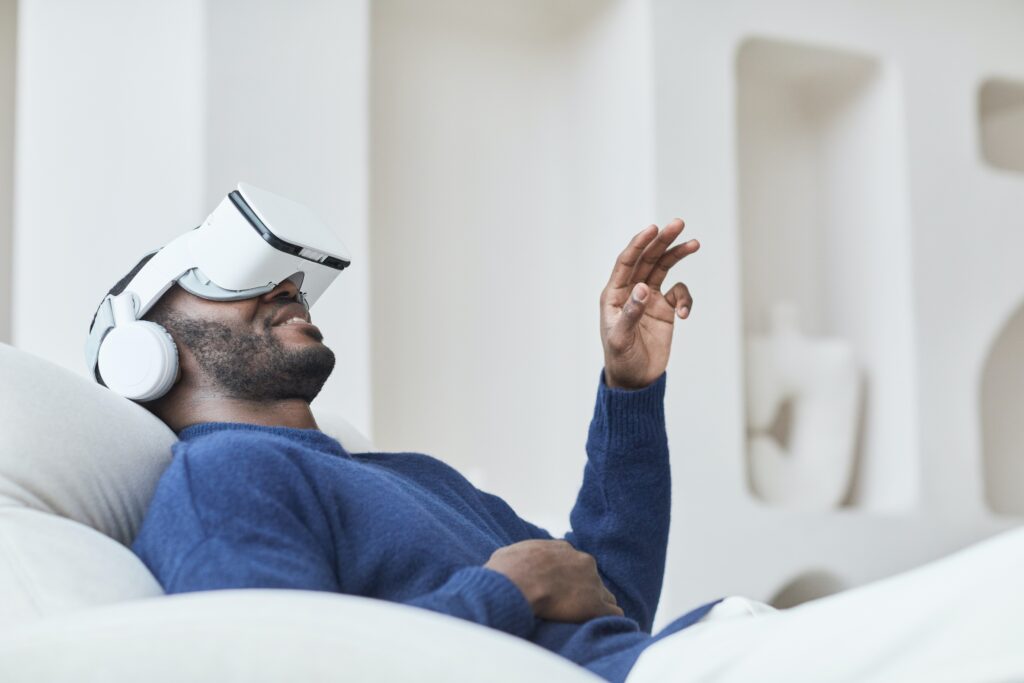
5. Improves patient diagnosis and treatment
Telemedicine practitioners can use AR imaging to assess and visually inspect a patient’s condition. With this tool, teleconsultations are also possible. This allows patients to access the best healthcare professionals and treatment no matter where they are.
6. Helps IV technicians detect veins
Inserting IVs can be challenging. Thanks to AR technology, IV technicians can now use vein visualization tools like AccuVein to visually track and identify veins for intravenous procedures like IV drips and blood transfusions.
7. Allows surgeons to collaborate remotely
With the help of augmented reality, surgeons can now collaborate virtually to perform remote surgical operations. Technology platforms like Proximie enable surgeons to virtually perform procedures using AR annotation with real-time audio and video communication.
8. Allows simulations for behavioral and cognitive therapy
One prominent use of AR technology in healthcare is through simulated environments for cognitive and behavioral therapy. Psychotherapists can use AR therapy to make clients interact with augmented real-world scenarios, usually by superimposing a CGI into actual objects or situations. For example, a psychotherapist could use AR exposure therapy to help a patient cope with a phobia of dogs without having to deal with a living animal.
With the help of AR technology, medical and allied health professionals can provide quality care through accurate diagnosis and well-defined treatments. It also opens new doors for medical advancements that could potentially lead to a cure for some of today’s incurable illnesses.
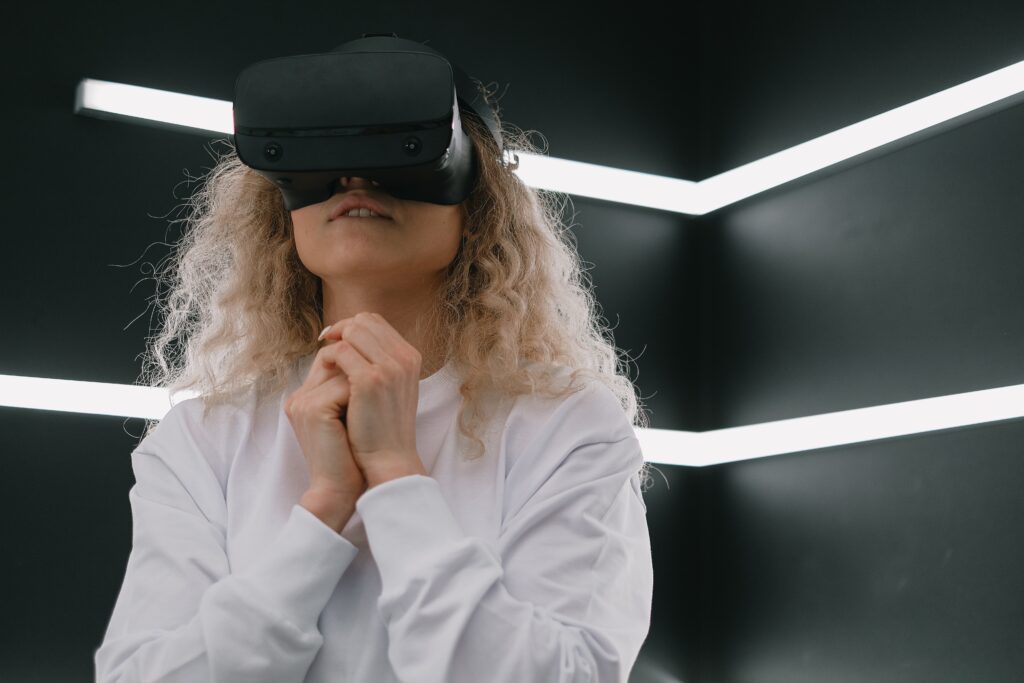
Data Privacy and Healthcare Technology
Advancements in modern technology help transform the healthcare industry, allowing it to keep up with the growing need to adapt and interact in cyberspace. Apart from AR, other technologies are also beneficial in healthcare modernization.
Given the growing concerns about data privacy, the healthcare sector also needs modern technologies to process and transmit data securely.
Instead of using legacy systems for data exchange, healthcare organizations can switch to modern faxing solutions. Modern faxing solutions like iFax are far more secure and convenient. With iFax, it’s easy to send and receive secure and compliant faxes using any interoperable software and EHR platforms.
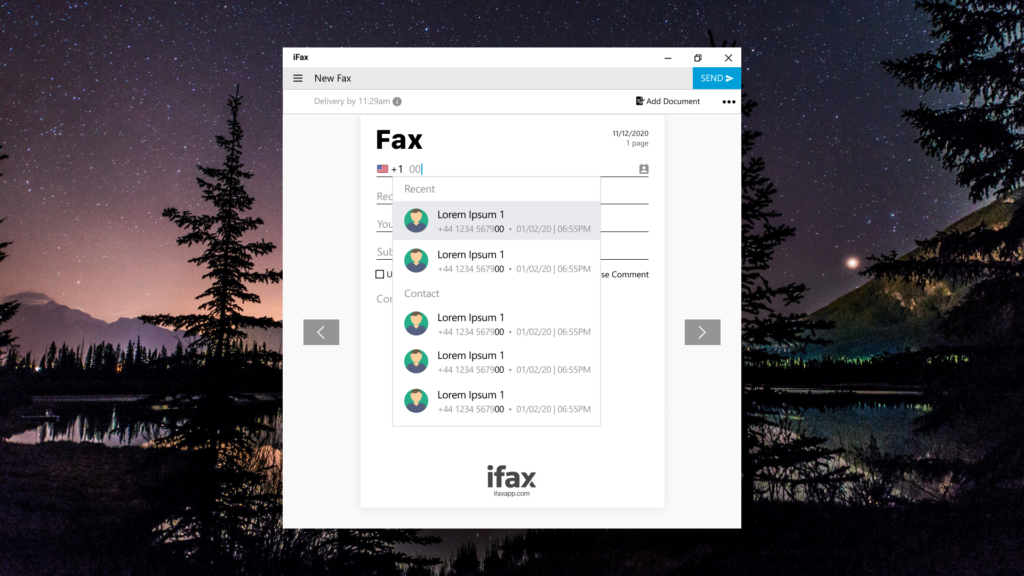
With iFax, healthcare institutions can:
- Send and receive HIPAA-compliant faxes without using a fax machine or fax modem.
- Store and manage sensitive medical records (PHI) on a secure cloud-based platform that uses the highest level of data encryption.
- Save on costs and improve workflow by integrating faxing features into their existing system or platform.
Send secure and HIPAA-compliant faxes using iFax.
iFax is one of today’s leading online fax services for medical and healthcare providers. Our developer-friendly API offers easy fax integration to your existing EHR or hospital management system.
Start using iFax today. Chec out our flexible plans and select the one that best suits your needs.



